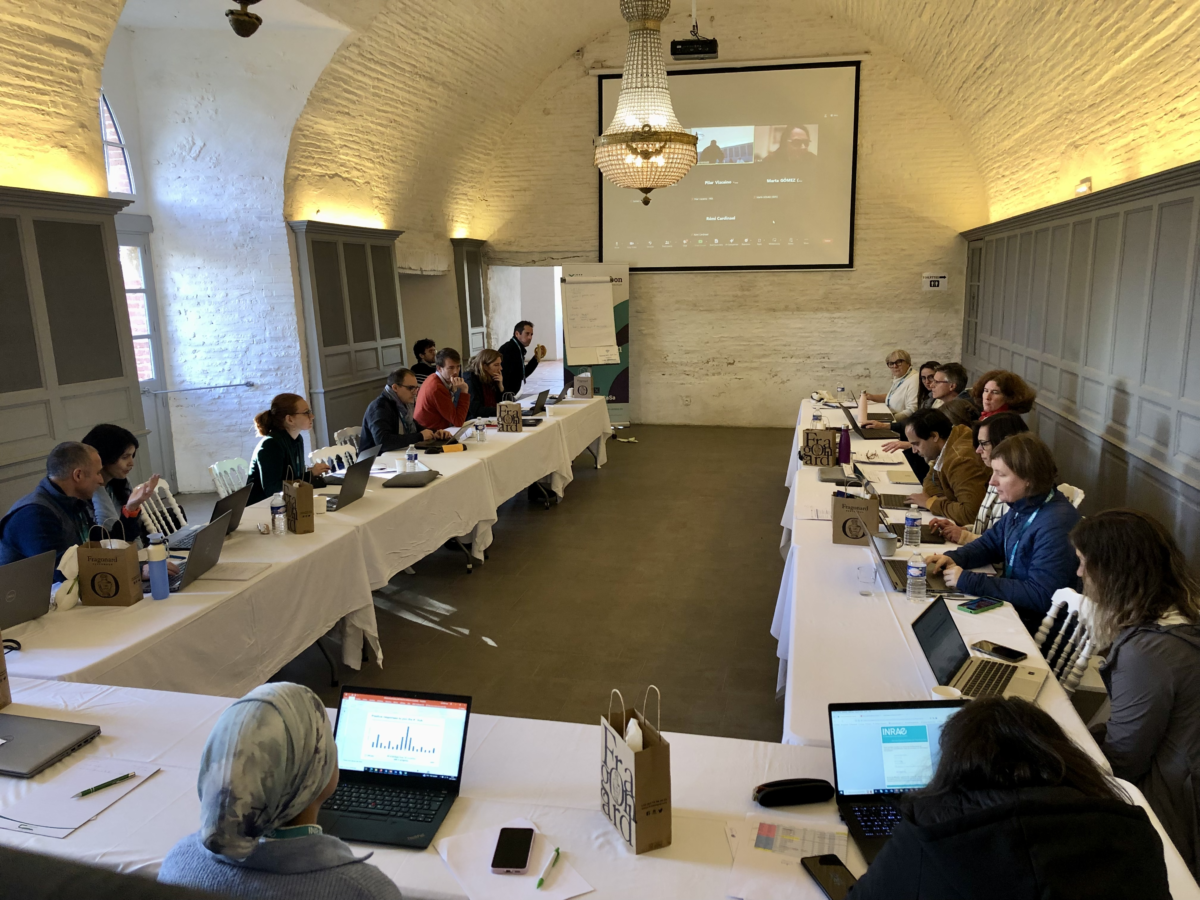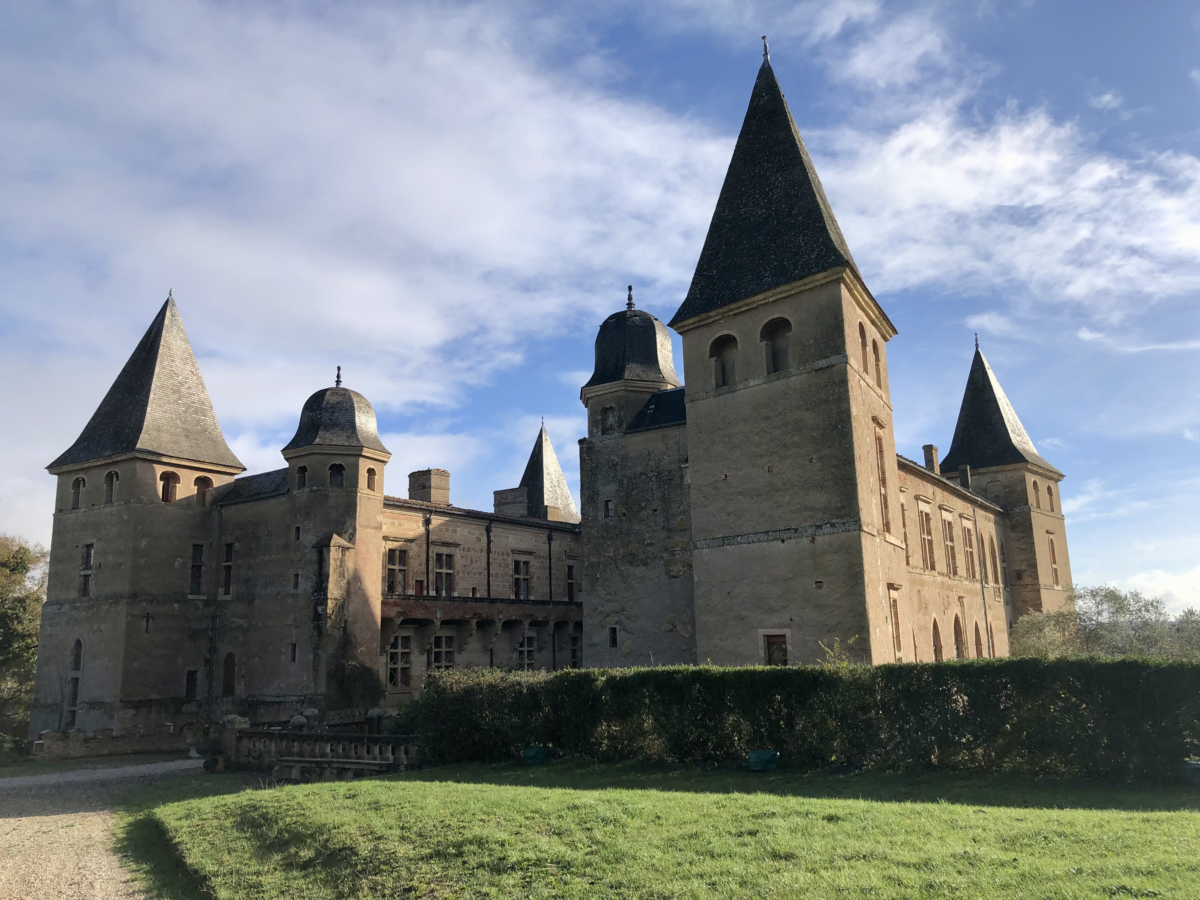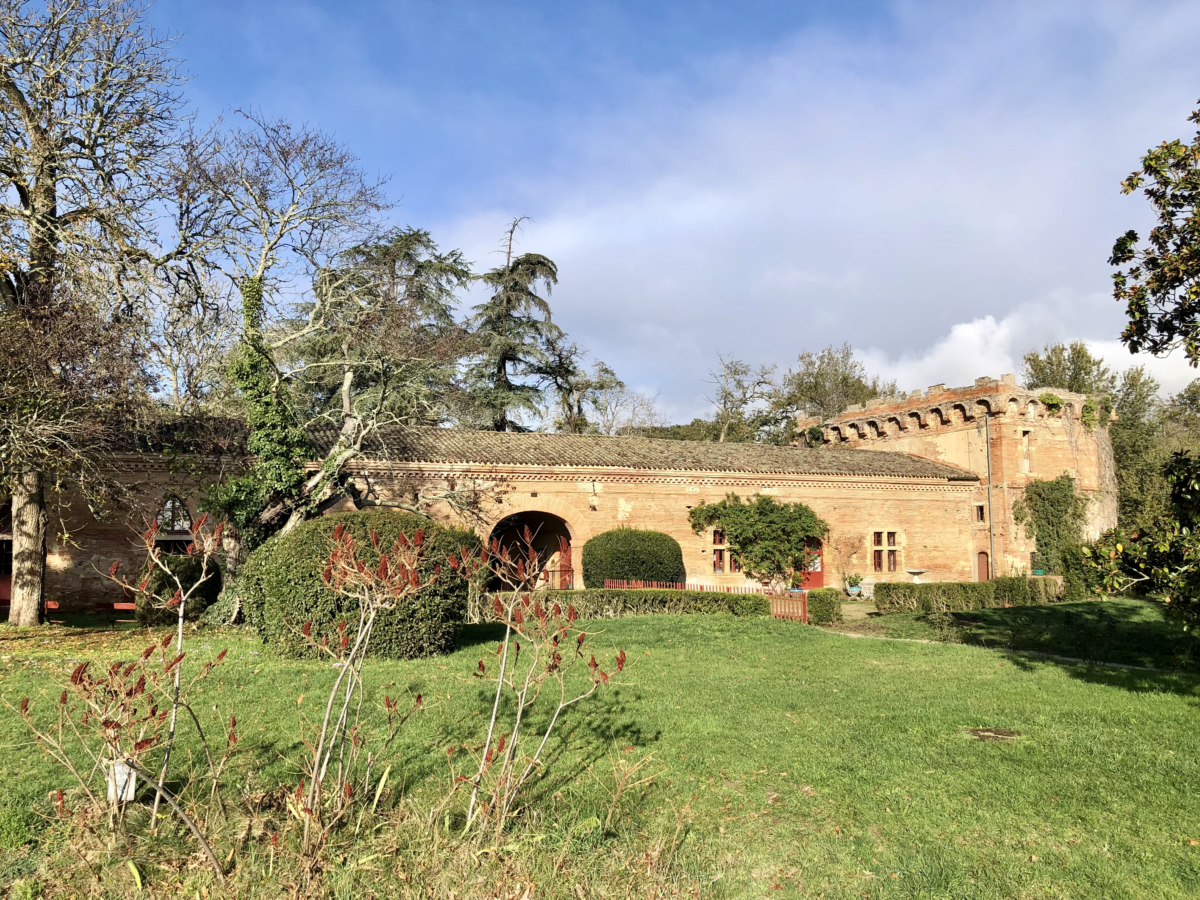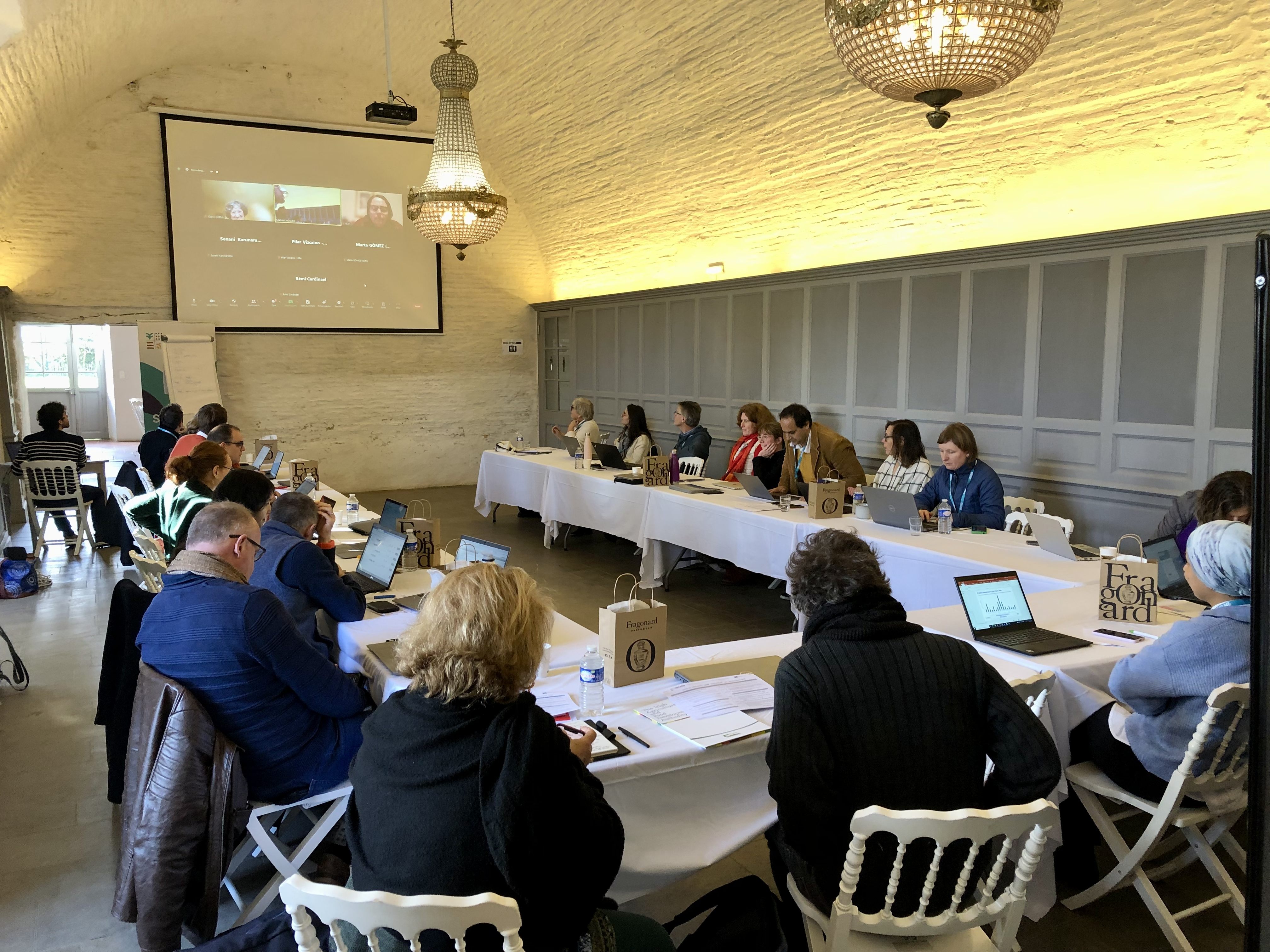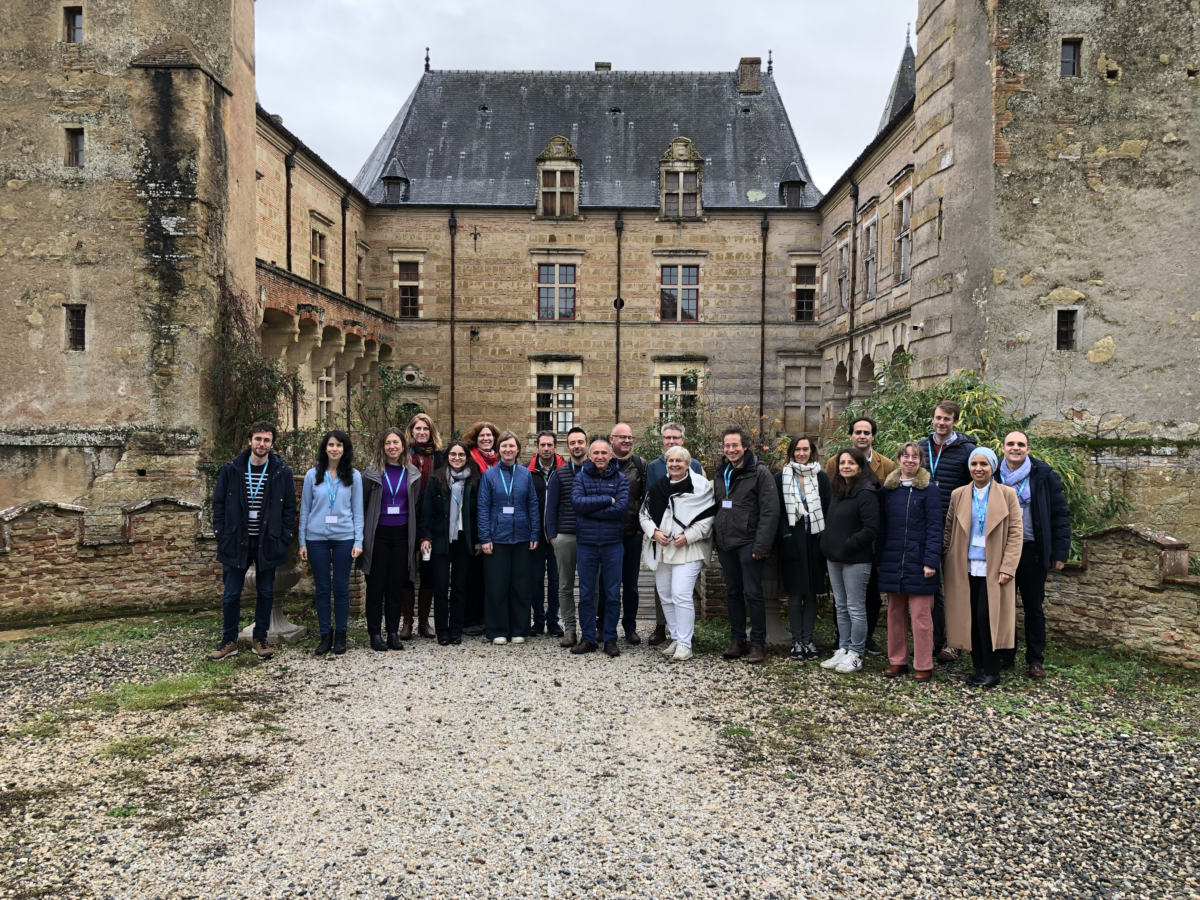ORCaSa partners gathered near Toulouse
Following the launch of the Soil Carbon International Research Consortium (IRC) last week in Madrid (Spain), the ORCaSa partners came together at the Castle of Caumont, near Toulouse (France).
With its Renaissance-style architecture, the venue was particularly unique and remarkable. For 3 days, ORCaSa project partners and representatives from sister projects (EJP Soil, MARVIC, CarboSMS, etc.) discussed the latest project developments. Presentations alternated between workshop sessions to cultivate potential cooperation activities.
Getting the Soil Carbon IRC up and running
The IRC’s status and governance, as well as the involvement of potential funders, were some of the issues discussed during the meeting. As a partner in the ORCaSa project, the ANR (French National Research Agency) presented the results of its workshops and interviews to encourage people to join the future Knowledge Hub on soil carbon and TAP (Thematic Annual Programming). More than 85 institutions, based in 53 different countries, were approached. Both entities will represent opportunities of networking for researchers, foster knowledge exchange, and provide support to policymakers when developing new policies.
In addition and thanks to several workshops, cooperative events and activities have been identified to promote the IRC and attract potential members and funders.
An international reach
Each of the project’s regional nodes (North and South America, Africa, Asia and Pacific) presented the context in their region, the challenges for soil carbon, and future activities linked to the IRC. For instance, Gerard Heuvelink, from ISRIC, highlighted ‘a possible collaboration to be explored with CSIRO in Australia’. Generally speaking, the regional nodes have already started to set up their own regional network, and this will be invaluable in building the IRC and giving it its full international scope.
A focus on MRV
Establishing and proposing an harmonised MRV (Monitoring, Reporting, and Verification) framework for soil carbon is one of the main objectives of the project. Following the organisation of a webinar a few months ago, the ORCaSa General Assembly provided an opportunity to identify areas of joint research between ORCaSa and other projects (e.g. MRV4SOC, SoilWise, CarboSeq, etc.).
‘MRV is not a tool, it is about process. You monitored all the time and reported at set times, and verified at the end. In addition, you need to face the reality and public perception is important. For instance, it is important to take administrative complexity for farmers into account’, explained Ahmad Al Bitar, ORCaSa partner and INRAE scientist working at the Center for Spatial Studies of the BIOsphere (CESBIO).
Presenting the Impact4Soil platform
One of ORCaSa’s main objectives is to create an online platform proving access to the very latest research outputs on soil carbon (review of practices, mapping of initiatives and projects, scientific evidence through meta-analysis and reviews, etc.). With just a few months to go before the official launch of the Impact4Soil platform, this meeting was an opportunity to present the different modules that make up the platform and their functionalities. Links with other similar platforms were also established, which will ultimately feed into the platform’s development work.
Gallery
